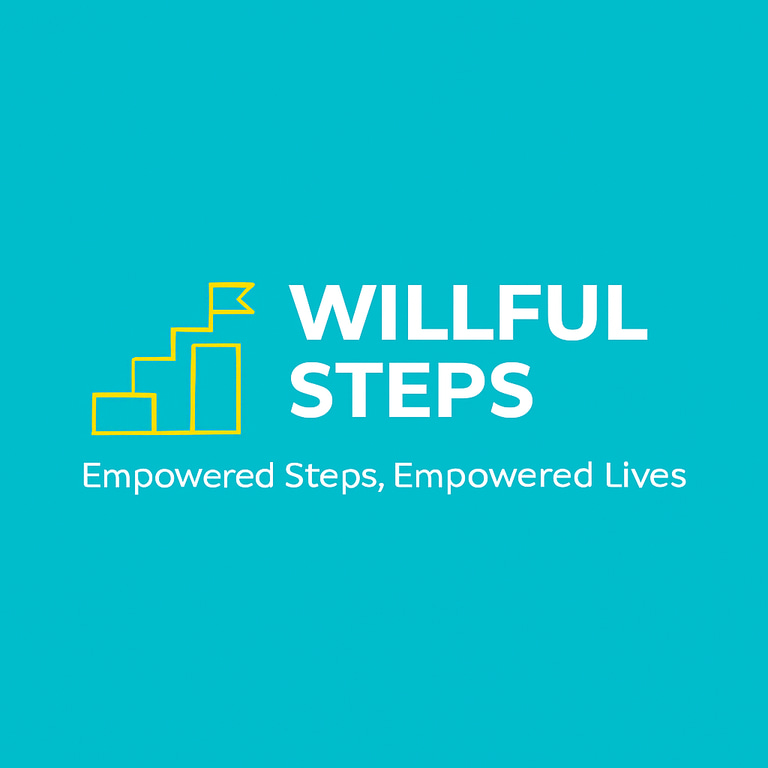Why Neurodiverse and Neurotypical Employees Experience Work So Differently
Michael J Perez
5/1/20253 min read


When it comes to fairness and conflict in the workplace, not everyone’s experience is created equal. Recent research in Australia and abroad is shining a light on the stark differences between neurotypical and neurodiverse employees – and why businesses can’t afford to ignore them.
The Fairness Gap
Neurotypical employees – those whose brains function in ways society expects – generally report higher levels of psychological safety, wellbeing, and satisfaction with how conflicts are handled at work. They’re more likely to feel reassured by existing processes and trust that any issues will be managed fairly.
For neurodiverse employees, including those with ADHD, autism, dyslexia, and more, it’s a very different story. According to a major study by Birkbeck, University of London and Neurodiversity in Business, 78% of neurodivergent workers feel overwhelmed at work, and nearly one in three are dissatisfied with the support they receive from their employer. When it comes to conflict resolution, neurodiverse employees are twice as likely as their neurotypical peers to feel that workplace processes don’t meet their needs.
Why?
The research points to a few key reasons:
Lack of Understanding: Neurodiverse staff often feel misunderstood by colleagues and managers. This can make it hard to trust that issues will be handled objectively or that their perspective will be heard
Inadequate Processes: Many workplaces still lack effective, transparent systems for resolving conflict and supporting neurodiverse staff. This leads to uncertainty and doubt about fairness
Reluctance to Accommodate: There’s a growing perception among neurodiverse employees that managers are reluctant to implement adjustments, and some colleagues see accommodations as unfair advantages
The Conflict Conundrum
Conflict is a normal part of working life, but it’s experienced differently depending on how our brains are wired. Neurodiverse employees are more likely to struggle with office politics, find criticism harder to process, and experience burnout from having to “mask” their natural behaviours to fit in. This constant adaptation can lead to exhaustion, disengagement, and even time off work due to stress or mental health issues.
On the flip side, neurotypical employees often feel more comfortable navigating workplace politics and are more likely to believe that conflicts will be resolved fairly. This difference in experience can create a cycle of misunderstanding and further tension between colleagues.
The Real-World Impact
The consequences of these gaps are significant. Over half of neurodiverse employees have taken time off due to burnout, conflict, or mental health issues not addressed by current workplace policies. Alarmingly, 13% of organisations have faced employment tribunals related to neurodiversity – a clear signal that current systems aren’t working for everyone.
As Rachel Morgan-Trimmer, CEO of neurodiversity inclusion agency Firebird, puts it: “A workforce that is not suitable and fair for neurodivergent workers is not suitable for anyone... Systemic inclusion improves workplaces for neurodivergent and neurotypical alike. There are also positive benefits for the employer. So these findings cannot be ignored and it’s up to all of us to ensure we are creating an equitable workplace for everyone.”
What Can Businesses Do?
Listen and Learn: Start by actively listening to neurodiverse staff about their experiences and needs
Review Conflict Processes: Make sure your conflict resolution policies are transparent, accessible, and actually meet the needs of all staff
Invest in Training: Educate managers and employees on neurodiversity and the importance of psychological safety
Normalise Adjustments: Treat workplace adjustments as a standard part of supporting all employees, not as special treatment
The Bottom Line...
Fairness and conflict aren’t one-size-fits-all. By recognising and addressing these differences, Australian businesses can create workplaces where everyone – neurotypical and neurodiverse – can thrive.
Reference List
Australian Human Resources Institute, ‘Neurodiversity in the Workplace: An Employer’s Guide’, AHRI, 2023.
Genius Within, Birkbeck University of London & Neurodiversity in Business, Neurodiversity Index Report 2023, Genius Within, London, 2023.
Morgan-Trimmer, R, ‘Neurodiversity and Inclusion: Why Workplaces Must Change’, Firebird, 2023, https://www.firebird-inclusion.com/neurodiversity-inclusion
Neurobridge, ‘The Neurodiversity Inclusion Gap: Experiences of Neurodivergent Employees’, Neurobridge, 2023.
People Management, ‘Neurodivergent Employees Twice as Likely to be Dissatisfied with Conflict Resolution’, People Management, 2023, https://www.peoplemanagement.co.uk/article/1818877/neurodivergent-employees-twice-likely-dissatisfied-conflict-resolution
Workplace Insight, ‘Neurodivergent Employees Face Greater Workplace Challenges’, Workplace Insight, 2023, https://workplaceinsight.net/neurodivergent-employees-face-greater-workplace-challenges/
Willful Steps
Unlock the potential within your team, clients and community.
Focus
Thrive
michael@willfulsteps.com
0434 318 542
© 2025. All rights reserved.
DISCLAIMER
The information contained on this website and provided through our coaching and training services is for general informational and educational purposes only.
Not Professional Advice The content on this site does not constitute legal, financial, medical, psychological, human resources, or professional advice. Nothing on this website creates a coach-client relationship. Always seek the advice of qualified professionals regarding your specific circumstances.
No Guaranteed Results Individual results from coaching and training vary significantly based on personal circumstances, effort, and implementation. We do not guarantee specific outcomes, behavioural changes, career advancement, or organisational improvements.
Neurodiversity Information Information about neurodivergent conditions (ADHD, autism, dyslexia, etc.) is general in nature and not diagnostic. We do not provide medical diagnoses or treatment. Consult qualified medical professionals for assessment and treatment of neurodevelopmental conditions.
Workshop Content Our workshops and training materials are designed for educational purposes. Implementation of strategies discussed is at the discretion of participants and their organisations. We recommend consulting with HR professionals, occupational therapists, or medical practitioners when making workplace accommodations.
Third-Party Links This website may contain links to third-party websites. We are not responsible for the content, accuracy, or privacy practices of external sites.
Limitation of Liability To the maximum extent permitted by law, Willful Steps and its directors exclude all liability for any loss, damage, or expense arising from the use of or reliance on information contained on this website or provided through our services.
Copyright © 2026. All rights reserved. No part of this website or our materials may be reproduced without prior written permission.
Governing Law This disclaimer is governed by the laws of Western Australia, Australia.
Last updated: 01/01/2026
